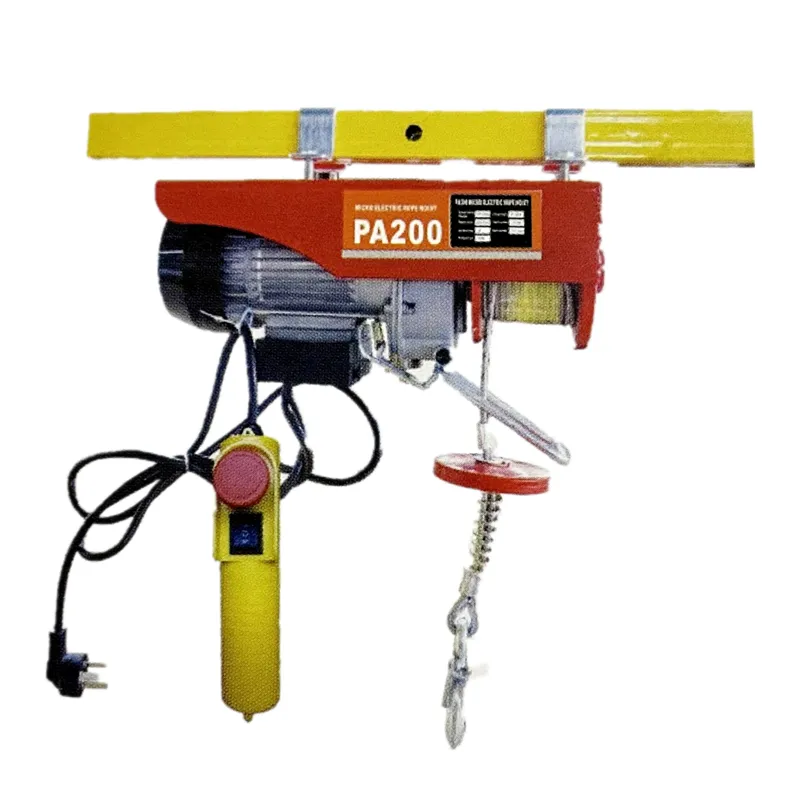


The Importance of Safety Protective Equipment
In today's fast-paced and often hazardous working environments, the significance of safety protective equipment (PPE) cannot be overstated. PPE refers to a variety of gear designed to protect workers from accidents, injuries, and health risks that may arise in various industries. This equipment plays a crucial role in maintaining workplace safety, safeguarding the wellbeing of employees, and minimizing potential liabilities for employers.
Understanding Safety Protective Equipment
PPE encompasses a wide range of devices and clothing designed to protect against specific hazards. Common types of safety equipment include helmets, gloves, goggles, earplugs, dust masks, safety shoes, and full-body suits. Each piece of equipment serves a distinct purpose, targeting particular dangers such as falling objects, chemical spills, electric shocks, extreme temperatures, and airborne particles.
The Legal and Moral Obligation
Employers are legally required to provide appropriate PPE to their employees according to various safety regulations, depending on the region and the industry. For example, in the United States, the Occupational Safety and Health Administration (OSHA) mandates that employers assess the workplace for hazards and implement necessary protections. Beyond legal obligations, there is a moral responsibility for companies to ensure that their workers are safe while performing their duties. Providing adequate PPE not only shows a commitment to employee safety but also fosters a positive work environment that can increase job satisfaction and productivity.
Training and Compliance

The effectiveness of PPE fundamentally relies on proper training and compliance. Workers must be adequately educated on the correct use of protective equipment, including how to wear it, maintain it, and when it is necessary. Employers should provide comprehensive training programs that cover the specific hazards present in the workplace and the correct PPE for those risks. Regular assessments and workshops can help reinforce the importance of PPE usage and ensure that employees stay compliant with safety protocols.
The Role of Technology
Advancements in technology have revolutionized the design and functionality of safety protective equipment. Innovations in materials and manufacturing processes have led to the creation of more comfortable, lightweight, and effective PPE. For instance, modern helmets may incorporate polycarbonate materials that resist impact while being lighter than traditional counterparts. Similarly, high-tech fabrics can provide enhanced protection against chemicals and extreme temperatures while improving breathability for the wearer.
Cultivating a Safety Culture
Creating a culture of safety within an organization is fundamental to the effective use of PPE. When safety is prioritized at every level of the organization, employees are more likely to value and adhere to safety practices. Positive reinforcement, regular safety meetings, and open lines of communication regarding safety concerns can help cultivate such a culture. Encouraging employees to report potential hazards and providing feedback can lead to continuous improvement in workplace safety protocols.
Conclusion
In conclusion, safety protective equipment is a vital component of any workplace environment where hazards are present. The role of PPE in preventing injuries and illnesses cannot be underestimated, as it is a fundamental aspect of workplace safety. Employers must take their legal and moral responsibilities seriously by ensuring proper training, compliance, and the provision of adequate equipment. As technology continues to evolve, so too will the effectiveness and comfort of PPE. Ultimately, creating a culture of safety will not only protect workers but also enhance overall productivity and morale within the workforce. Prioritizing safety through effective use of PPE is an investment in the health and success of both employees and the organization as a whole.



